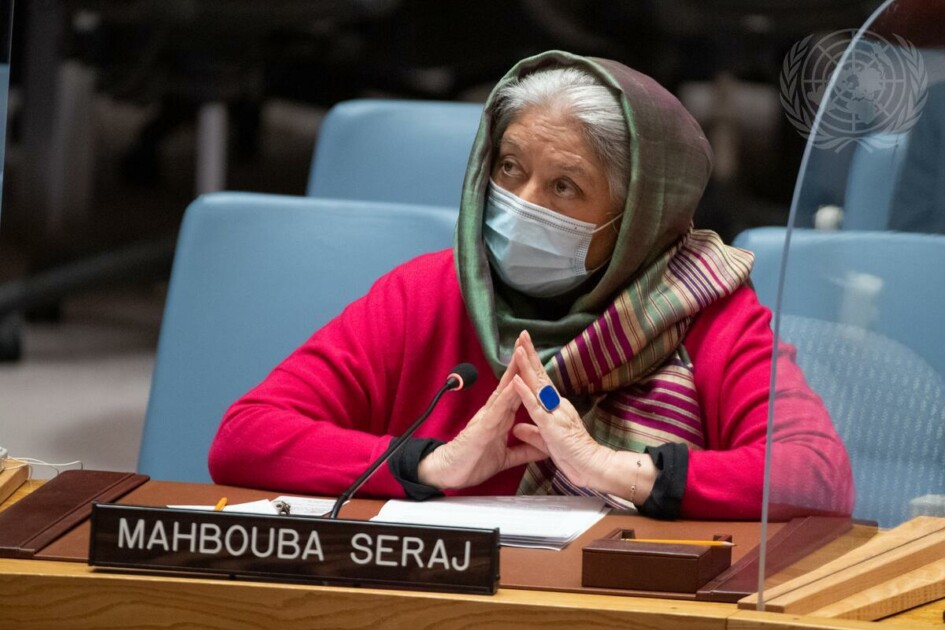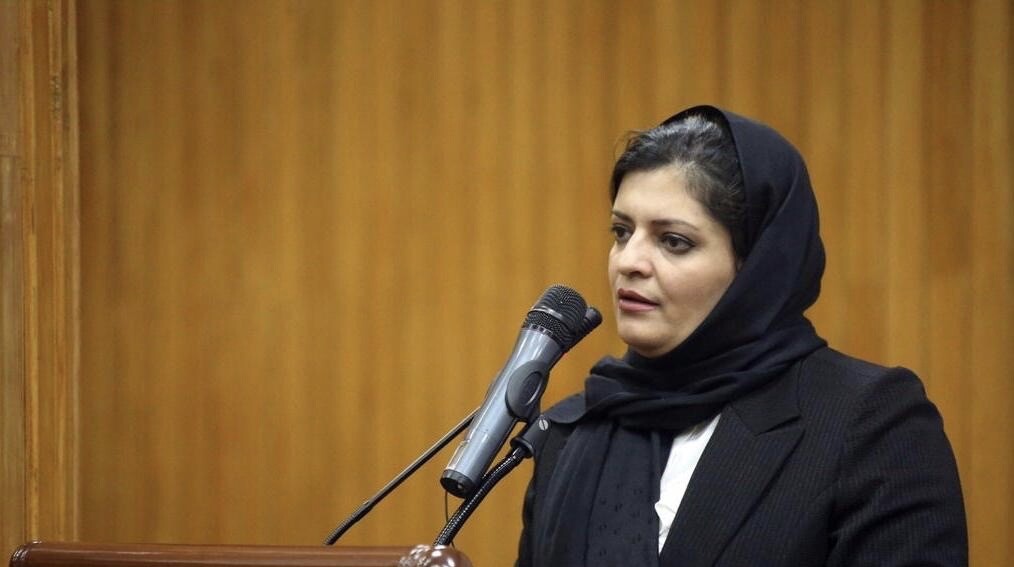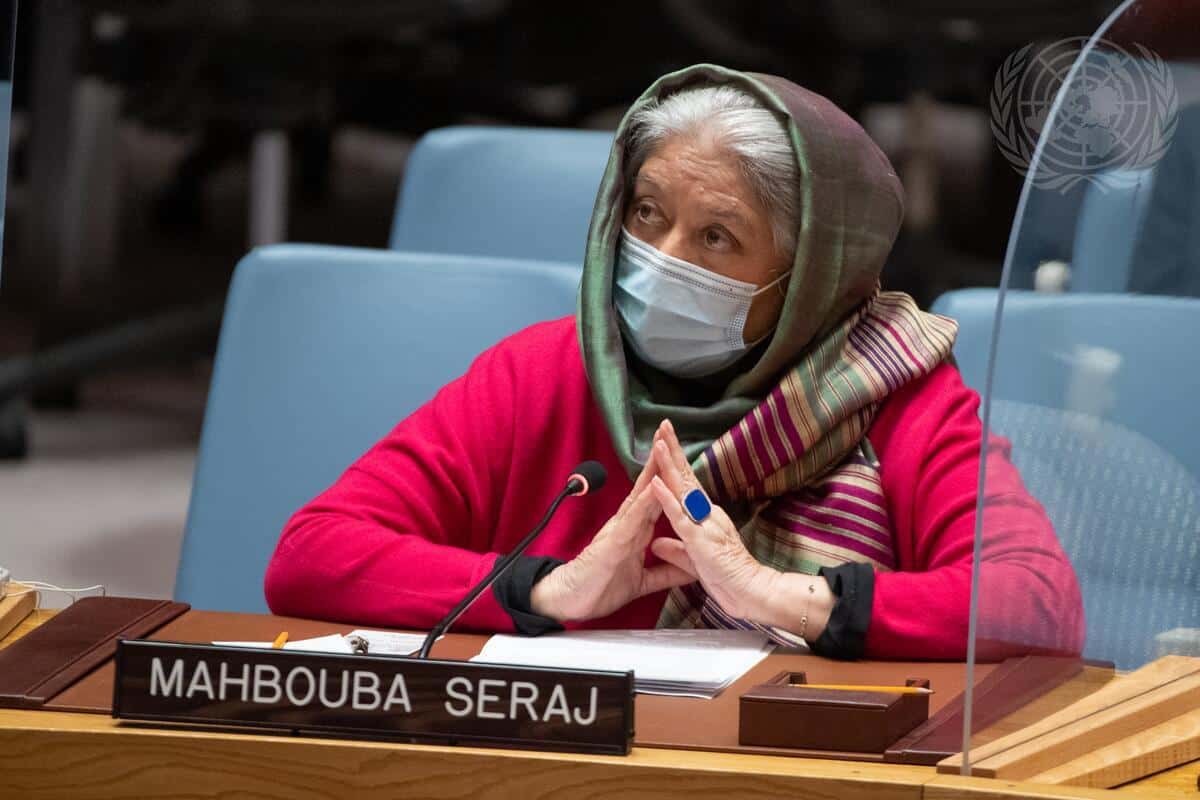Afghanistan
Afghanistan
Afghanistan has been engulfed in violent armed conflict since the fall of the Taliban regime in 2001, and efforts to build sustainable peace while preventing the re-establishment of extremist rule depend on the inclusion of women.
Living in the most dangerous place in the world to be a woman, as the Thomas Reuters Foundation revealed in 2011, Afghani women have emerged as leaders in the peace process— advocating constantly for more inclusive government, and inspiring marginalized groups nationwide to demand a place in the political system. Despite the important role that Afghani women play in bringing about social change in Afghanistan, many barriers to their involvement still exist.
Based on the work of NGOWG members and their partners, the NGOWG advocates for eliminating these barriers by encouraging UNAMA to support the Afghan government in fully implementing the National Action Plan on Women, Peace and Security (NAP), and ensuring women’s full and equal participation in regularly held elections.
Current and Past Recommendations to the UN Security Council (Monthly Action Points)
The Council is expected to extend the mandate of the International Security Assistance Force (ISAF) in Afghanistan, as per SCR 1943 (2010). Reports indicate increased civilian displacement by military operations, with numbers of internally displaced persons (IDPs) doubling since last year. As of July, a gradual transition of security responsibility to the Afghan National Security Forces (ANSF) began, with a view to full transition and the withdrawal of NATO combat troops by the end of 2014. Afghan women’s groups, continue to raise serious concerns about the prospect for human rights in Afghanistan if the Taleban are invited to join the political process. The Council is therefore urged to:
- Ensure all necessary steps are taken to reduce displacement, and to share information on displacement resulting from military activities with UNHCR, OCHA and other humanitarian actors, in a timely and appropriate manner, to meet IDP needs;
- Strengthen ANSF oversight and accountability mechanisms to protect civilians from ANSF abuses;
- Recommend the establishment of an effective, adequately resourced and independent police ombudsperson, with the authority to investigate complaints against the police, and of police failure to investigate other offences including crimes against women;
- Ensure that members of the Afghan government and insurgent groups are not granted impunity for war crimes;
- Demand that any political agreement between the Afghan government and insurgent groups must include verifiable benchmarks for the parties’ conformity with their human rights obligations; including trends in the school attendance by girls; and the ability of aid workers and civil society activists, in particular women’s human rights defenders, to operate in areas under the control of the parties;
- Insist that reconciliation talks be inclusive and reflective of Afghan civil society, including women and the minority groups.
The Council is expected to extend the mandate of the International Security Assistance Force (ISAF) in Afghanistan, as per SCR 1943 (2010). Reports indicate increased civilian displacement by military operations, with numbers of internally displaced persons (IDPs) doubling since last year. As of July, a gradual transition of security responsibility to the Afghan National Security Forces (ANSF) began, with a view to full transition and the withdrawal of NATO combat troops by the end of 2014. Afghan women’s groups, continue to raise serious concerns about the prospect for human rights in Afghanistan if the Taleban are invited to join the political process. The Council is therefore urged to:
- Ensure all necessary steps are taken to reduce displacement, and to share information on displacement resulting from military activities with UNHCR, OCHA and other humanitarian actors, in a timely and appropriate manner, to meet IDP needs;
- Strengthen ANSF oversight and accountability mechanisms to protect civilians from ANSF abuses;
- Recommend the establishment of an effective, adequately resourced and independent police ombudsperson, with the authority to investigate complaints against the police, and of police failure to investigate other offences including crimes against women;
- Ensure that members of the Afghan government and insurgent groups are not granted impunity for war crimes;
- Demand that any political agreement between the Afghan government and insurgent groups must include verifiable benchmarks for the parties’ conformity with their human rights obligations; including trends in the school attendance by girls; and the ability of aid workers and civil society activists, in particular women’s human rights defenders, to operate in areas under the control of the parties;
- Insist that reconciliation talks be inclusive and reflective of Afghan civil society, including women and the minority groups.
Relevant Resources










